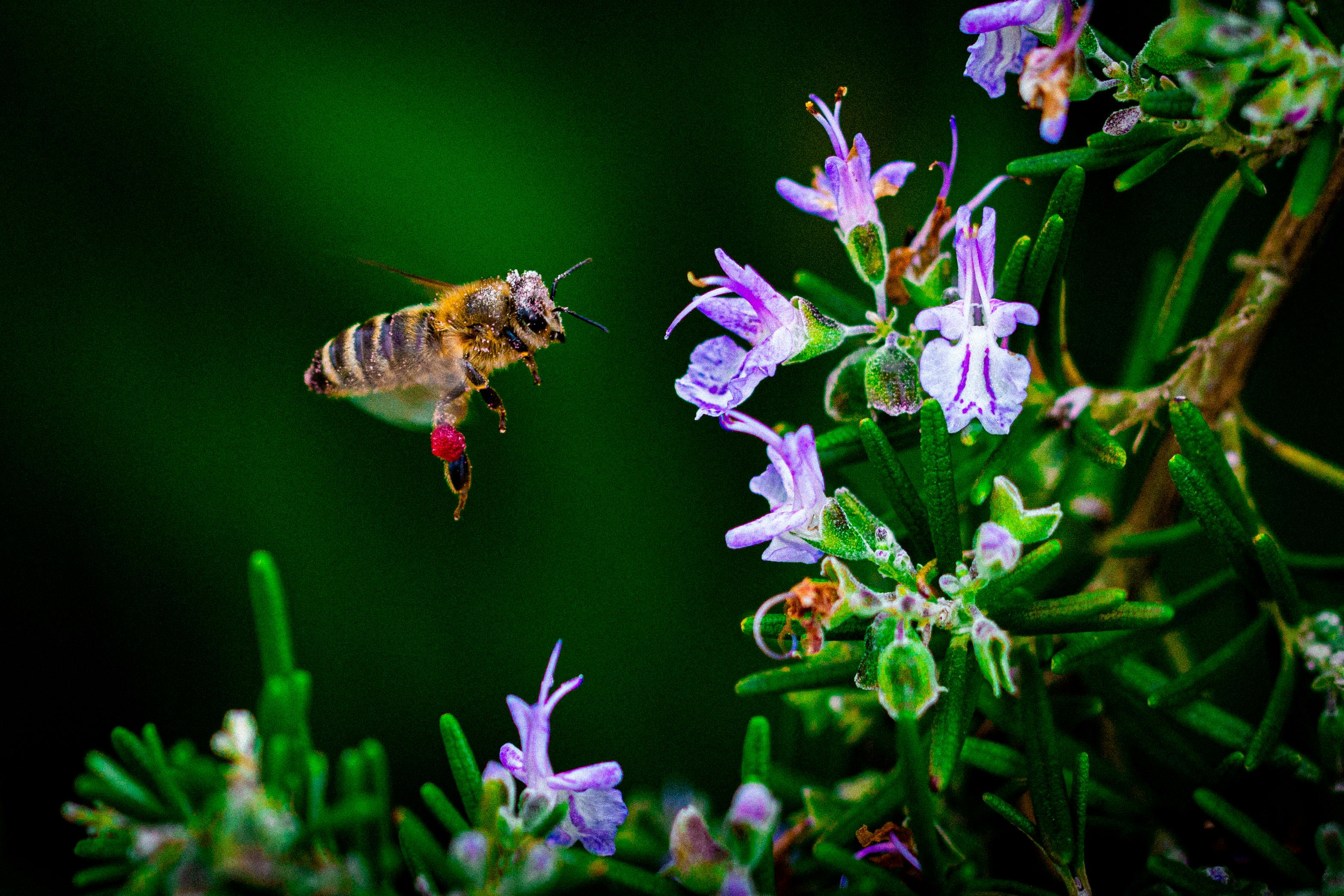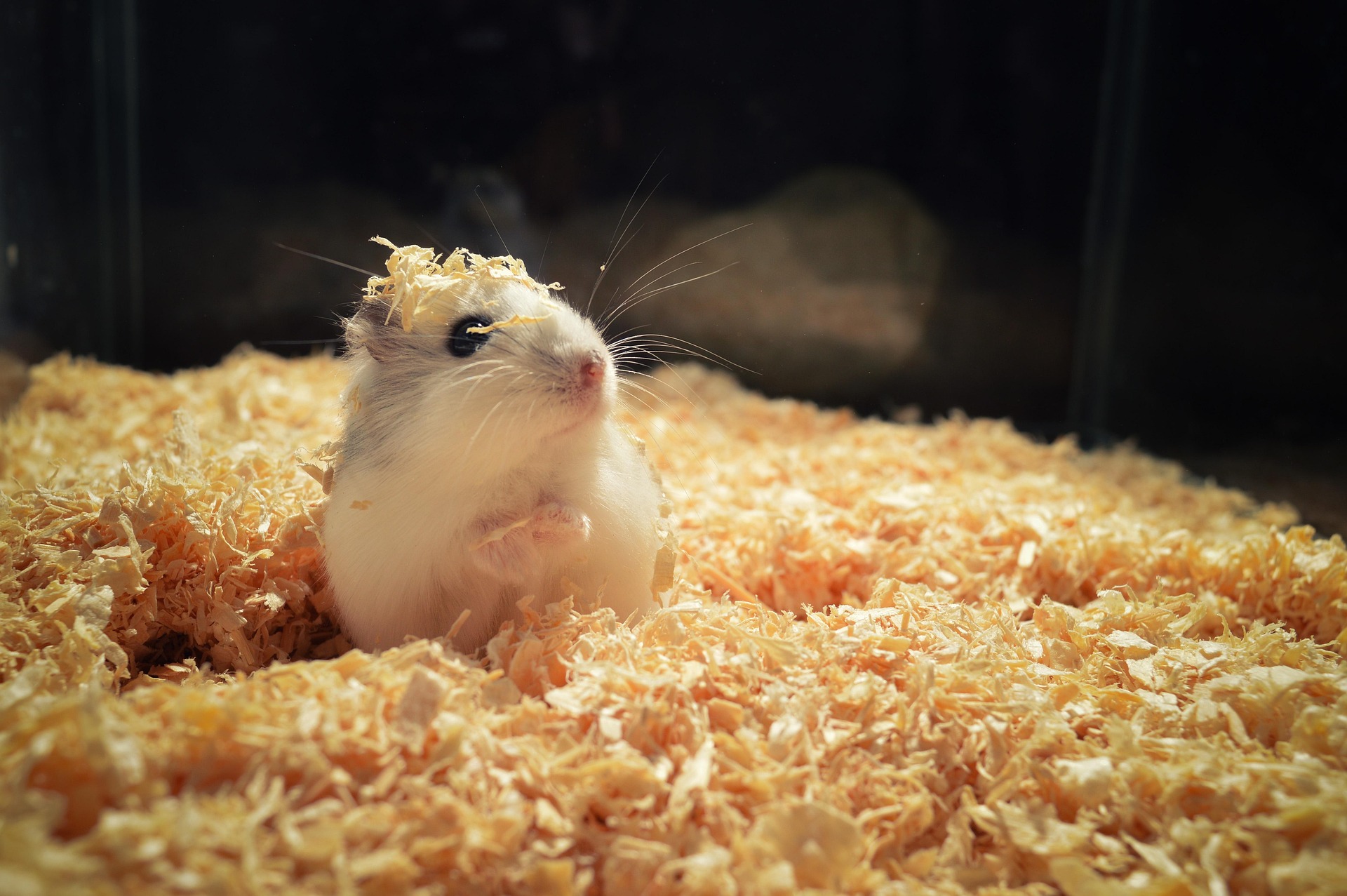The Emergence of Urban Beekeeping: A Buzzworthy Trend
The growing trend of urban beekeeping is creating a buzz in cities around the world. This hobby has taken flight in recent years, demonstrating the potential for harmonious coexistence between humans and bees, while also enhancing urban biodiversity and promoting local food production. Join us as we delve into the fascinating world of urban beekeeping, its origins, current trends, and its impact on the market and environment.

The Humble Beginnings of Urban Beekeeping
Urban beekeeping, also known as backyard beekeeping, is not a new concept. In fact, it has a rich history dating back to ancient civilizations. The Egyptians were known to keep bees in clay pots and transport them along the Nile for pollination. In more recent history, during World War II, urban dwellers were encouraged to keep bees to boost local food production.
The Current Buzz on Urban Beekeeping
Today, the practice of urban beekeeping has seen a resurgence, primarily driven by increasing awareness of the ecological importance of bees and the threats they face. Urban dwellers are now creating rooftop and balcony hives in cities from New York to Tokyo, contributing to local food production and biodiversity.
The Market Impact of Urban Beekeeping
Urban beekeeping has a significant impact on the market, not just through honey production, but also by promoting local food systems. The average price of a starter beekeeping kit ranges from $200 to $500, depending on the equipment included. The growing demand for local, raw honey has also boosted the market, with urban-produced honey often commanding a premium price.
The Role of Bees in Urban Ecosystems
The importance of bees in urban ecosystems cannot be overstated. As primary pollinators, bees play a crucial role in the growth of fruits, vegetables, and flowers. By bringing bees into urban areas, we can enhance biodiversity and improve the health and productivity of urban gardens and green spaces.
The Challenges and Future of Urban Beekeeping
While the benefits of urban beekeeping are many, it’s not without its challenges. Concerns over bee health, potential allergic reactions, and local regulations can pose hurdles for aspiring urban beekeepers. However, with proper education, training, and community engagement, these challenges can be addressed, paving the way for a more bee-friendly future in our cities.
In conclusion, urban beekeeping is more than just a hobby. It is a powerful tool for urban biodiversity, local food production, and ecological education. As this trend continues to gain momentum, it will be exciting to watch how it shapes our urban landscapes and local markets.




